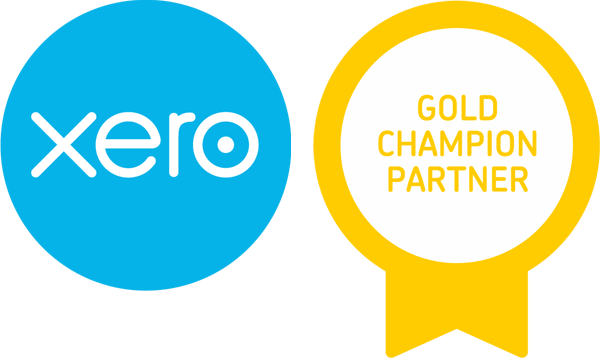Business Owners in Control and Kicking Goals
Have you ever heard of the saying "Most people that aim at nothing achieve it every time"? This also applies to business owners – it is imperative that business owners understand their current position, their long term goals and all the short term goals or actions to tick off along the way. Business owners that take the time to do this are in control of their business and where it is heading.
To understand your current position you need to ask yourself a number of questions (and answer them honestly!). Some of these questions might include:
- Is my business profitable?
- What are the strengths and weaknesses of my business (both financial and operational)?
- Does the financial performance of my business meet industry benchmarks?
- Do I have adequate insurance for both my business and myself?
- Am I paying too much tax?
- Do I own my business or does my business own me?
- Do I have legal documents in place to allow the business to continue if something were to happen to me?
- Are my staff properly utilised?
- Can my business operate without me?
- Am I in control of my financial affairs?
- Do I want to do what I'm doing until I retire?
Knowing the answers to these types of questions is just as important as dealing with the day to day issues you face as a business owner. It is also just as important to understand the answers to all questions and not just focus on obvious issues. For example, you might know that your business is not profitable. To fix this you also need to know if your staffing mix is correct, those industry benchmarks your business doesn't align with, weaknesses to be overcome and strengths to maintain.
It is also imperative that you ask yourself – are these things important to me? Do I care that my business owns me if I'm doing what I love and my time is not needed elsewhere? If your business owns you but that is not a problem, then there is no gap to be bridged and no goal to be set. In asking yourself what is important to you and finding the gaps you are on your way to realising the goals that need kicking.
Setting goals is an art in itself and there are a few easy processes that you can follow that will help make them meaningful. The first step should be to understand what your long term goals are. These goals require you to look forward five or more years from now. How much time do I want to be spending in my business in five years? How much revenue do I want my business to be making in five years? Are there assets you need to replace in five years or will your current premises be big enough? These are all examples of broad long term goals, which are great ideas but to achieve them you will need to set more specific short term goals and actions.
A series of short term goals will be needed to keep you focussed. If you want to be starting to step back from your business in five years how are you going to achieve this? What needs to happen to make this your reality? Can your business operate without you there every day? Are there processes in place for a manager to take over easily? Do you have a manager in training? Will your customers and suppliers only liaise with the business owner? Every little action that needs to take place before your long term goal can be achieved needs to be documented as a short term goal, ideally using the SMART goal setting concept.
S MART is a goal setting acronym that has been used by management and boards for over 40 years. The SMART goal setting concept ensures that the goals you set are clear and achievable:
- Specific – Set very clear and simple goals. A vague goal of making your business bigger wont drive you to success because what do you mean by bigger? Bigger could mean a larger premises, more employees, higher revenue, or even a more diverse target market. Be very specific in stating exactly what it is that you want to achieve.
- Measurable – Measurable goals enable you to track progress and stay motivated. When setting your SMART goal consider things like how much or when will I know when this goal is achieved?
- Achievable – Don't set a goal to have your farm procedures documented by next month if you have years of undocumented knowledge in your head and are in the middling of cropping. By setting realistic goals that you can achieve you will be in a better mindset and have a greater chance of success.
- Relevant – It is important that you set goals that are meaningful or goals that matter to you. Some business goals might be aimed at driving staff towards an end goal, but you need to care about it also. Some things you might consider when setting relevant goals are is this the right time, does this seem worthwhile, or does this goal align with other business goals?
- Time based – Time based goals are motivating. Setting a goal that needs to be achieved by next month or within the next quarter will get you moving – a goal with no action date will never be achieved and will sit under a pile of paper never to be looked at again!
After you have set your SMART short term goals that work towards your SMART long term goals, it is also best practice to write yourself an action list. Any actions that arise during the goal setting process need to be tabled with target dates. This will ensure you have a document that you can refer to each day or week, either pinned up at your desk or even on your fridge, that will dictate what you need to do each week or month in order to achieve your goals.
Goal setting for your business is a great habit to get into and should be updated regularly to ensure your goals remain relevant. If you need help setting goals, creating a business plan or a strategic plan, or even if you need a trusted advisor to keep you on track, our Business Advisory team is ready to help!
If you have any questions don't hesitate to contact us.




